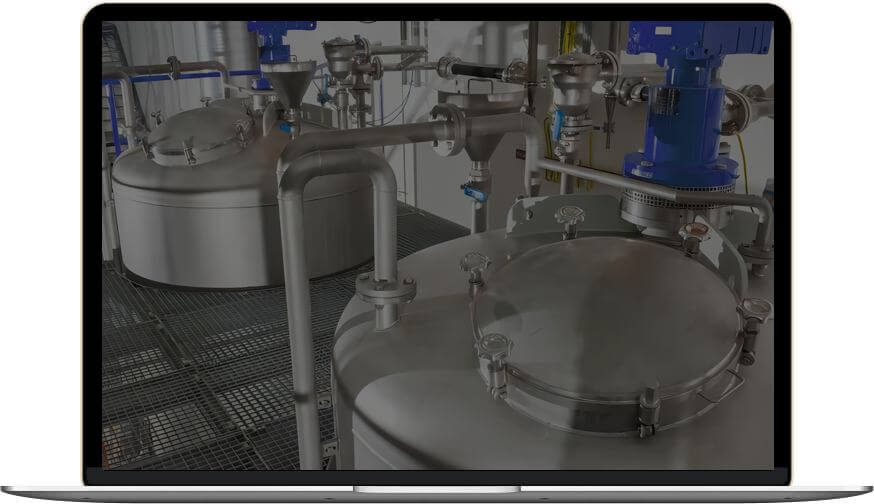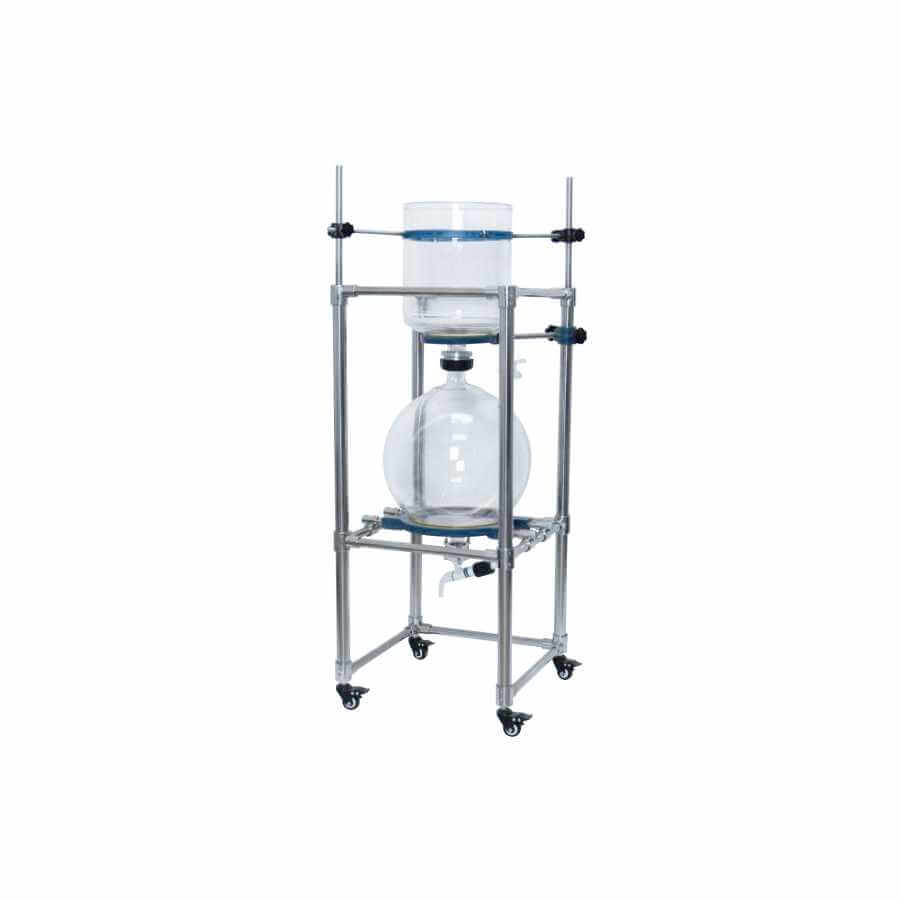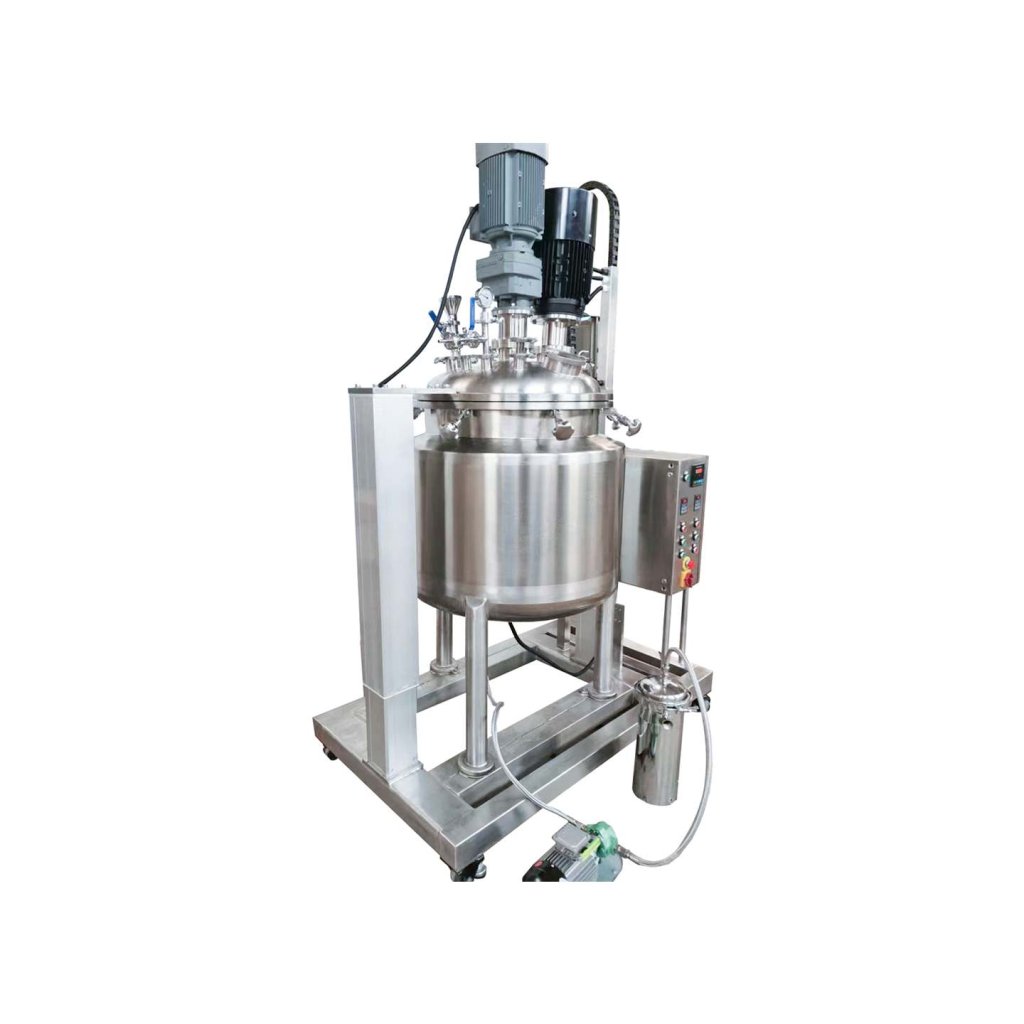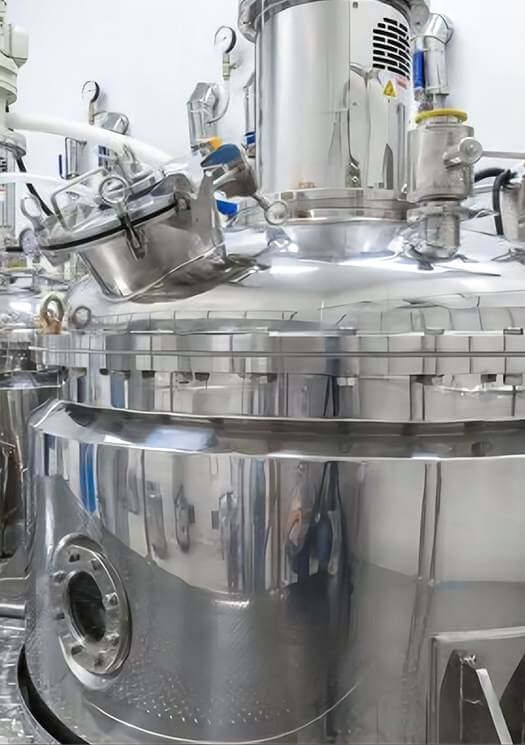
Applicable to many fields,
Lab Reactor
Lab Reactor
The laboratory reactor is a kind of small kettle, which is generally used in universities and scientific research institutions. It can be understood that the stainless steel container for the reaction, according to the various process requirements of heating, evaporation, cooling, and low and high-speed mixing, is suitable for The structural design and parameter design of the container. Laboratory reactors must be processed, tested, and tested in strict accordance with the corresponding standards.

Lab reactor
The laboratory reactor is a small reactor, commonly known as an experimental heating reactor, which is widely used in universities and scientific research, and experimental departments. The broad understanding of the laboratory reactor is the stainless steel container with physical or chemical reaction. Through the structural design and parameter configuration of the container, the heating, evaporation, cooling, and low and high-speed mixing functions required by the process are realized. Then the pressure requirements in the reaction process have different requirements for the design of the container. The production of laboratory reactors must be processed, tested, and tested in strict accordance with the corresponding standards.
Contact
Welcome to send inquiry to us and let’s make a win win business together !
Contact UsGlass Laboratory Reactor
The glass laboratory reactor is mainly used for material synthesis, distillation, concentration, and other experiments, extracting the product, and has sealing technology. The structure of the kettle body is divided into three types: single-layer, double-layer, and three-layer. The kettle can be pumped to a negative pressure state as needed to meet the experimental conditions.
Request a quote Know moreHeating Laboratory Reactor
Heating laboratory reactors can be made of stainless steel or glass, fully complying with industrial hygiene requirements. The experimental reactor produced by RUNGYU has the advantages of simple operation, stable performance, convenient cleaning, a small footprint, and various vacuum, heating, and cooling functions. The transmission forms of laboratory reactors include ordinary motors, explosion-proof motors, electromagnetic speed-regulating motors, frequency converters, etc. The heat exchangers include cycloidal pinwheel type, worm gear type, and planetary step-less speed change type. A shaft seal is a common water-cooled packing seal, PTFE packing seal, and mechanical seal.
Request a quote Know moreHigh Pressure Laboratory Reactor
high-pressure laboratory reactors are widely used in various catalytic reactions, high temperature and high-pressure synthesis, hydrogenation reactions, gas-liquid two-phase, liquid-liquid two-phase, exothermic reactions, composition testing, stability, corrosion testing, fine processing, supercritical reaction, and Applications such as catalyst evaluation and development are mainly distributed in petrochemical, chemical, pharmaceutical, polymer synthesis, metallurgy, and other fields.
Request a quote Know moreLaboratory Reactor
The heating principle of the laboratory reactor (tank) is to use an electric heating rod to heat the heat transfer oil in the jacket (the heat source is electricity) so that the temperature of the heat transfer oil rises. Under certain process conditions (temperature, medium, etc.), the process of converting the original material into the target material and the reaction kettle use this principle. With the change of temperature in the laboratory reaction kettle, two or more materials in the kettle are stirred and mixed under the drive of the agitator, and a physical or chemical reaction occurs.
Request a quote Know more

-26-1024x1024.jpg)
-14.jpg)

